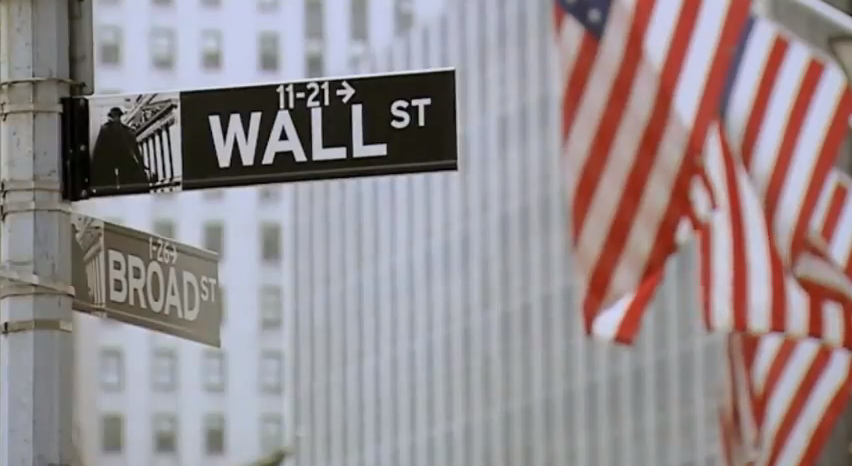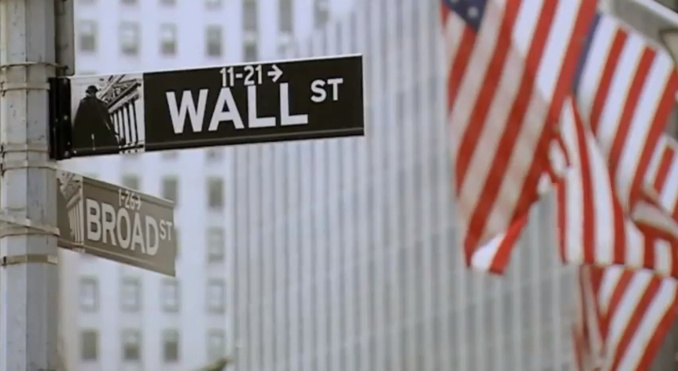These results are contrast with position of the last seven years, when global revenues of banks from trading fixed income have steadily declined. In 2015, they amounted to $ 70 billion, or half of the 2009 level (Coalition’s data).
Good results of US banks are partially obliged to those European financial institutions, which went out of business. BofA increased its share at thanks to competitors, admitted the organization’s Chief Financial Officer Paul M. Donofrio: "The market share has increased thanks to a few regions and partially at the expense of competitors". According to Bloomberg’s data, share of the US five largest banks in the global bond trading increased from 66% in 2011 to 71% in 2015.
According to John C. Gerspach, Chief Financial Officer at Citigroup, Brexit also contributed to the increased trading revenues. This increased activity of corporate clients of Citi.
JPMorgan also earned thanks to customers agitated with Brexit. They were looking for a way out of the investment in the run-up to the British referendum on withdrawal from the EU, and switched to other tools, when the results became known, said the bank's Chief Financial Officer Marianne Lake. "There were several factors in the market, it is not only Brexit, but also actions of central banks, reform of money market funds, and good conditions to monetize [money] flows and customer actions."
Trading is the only banking business which was growing well in the III quarter, told Brian Foran, an analyst at Autonomous Research, to the WSJ. According to him, concerns about retail business of US banks are only growing. Only BofA managed to increase its net profit to $ 4.96 billion (+ 7.4%), the remaining income declined compared to last year despite the significant increase in income from trading. JPMorgan earned $ 6.29 billion (vs $ 6.8 billion a year earlier), Citi - $ 3,84 billion (vs $ 4.29 billion), Wells Fargo - $ 5,64 billion (vs $ 5.8 billion).
There is a small possibility that US banks will again make good money on trading in the IV quarter. "Activity In the IV quarter is traditionally low due to the seasonal factor, and there is no reason to expect that this year will be different" - said Lake. "It cannot be called raging "bull" market, - says Gerspach - and there is usually small number of trading transactions in December, and there are no signs that this will change" (quoted by Bloomberg).
As for the long term, the trend of growing trading income will not disappear. Deutsche, from which the US Justice Department demands $ 14 billion for the pre-crisis violations, may reduce its share of the US investment banking market according to the settlement agreement, reported German media. According to Dealogic, now it is 4.2%, compared to 11.2% of JPMorgan, 9,8% at Goldman and 9.3% at BofA.
Analysts say the Fed in December can return to higher interest rates, which means that volatility may return to the market. Besides, the UK promises to begin the procedure of exit from the EU in March 2017, so Brexit will also become one of the governing factors.
source: bloomberg.com, wsj.com
Good results of US banks are partially obliged to those European financial institutions, which went out of business. BofA increased its share at thanks to competitors, admitted the organization’s Chief Financial Officer Paul M. Donofrio: "The market share has increased thanks to a few regions and partially at the expense of competitors". According to Bloomberg’s data, share of the US five largest banks in the global bond trading increased from 66% in 2011 to 71% in 2015.
According to John C. Gerspach, Chief Financial Officer at Citigroup, Brexit also contributed to the increased trading revenues. This increased activity of corporate clients of Citi.
JPMorgan also earned thanks to customers agitated with Brexit. They were looking for a way out of the investment in the run-up to the British referendum on withdrawal from the EU, and switched to other tools, when the results became known, said the bank's Chief Financial Officer Marianne Lake. "There were several factors in the market, it is not only Brexit, but also actions of central banks, reform of money market funds, and good conditions to monetize [money] flows and customer actions."
Trading is the only banking business which was growing well in the III quarter, told Brian Foran, an analyst at Autonomous Research, to the WSJ. According to him, concerns about retail business of US banks are only growing. Only BofA managed to increase its net profit to $ 4.96 billion (+ 7.4%), the remaining income declined compared to last year despite the significant increase in income from trading. JPMorgan earned $ 6.29 billion (vs $ 6.8 billion a year earlier), Citi - $ 3,84 billion (vs $ 4.29 billion), Wells Fargo - $ 5,64 billion (vs $ 5.8 billion).
There is a small possibility that US banks will again make good money on trading in the IV quarter. "Activity In the IV quarter is traditionally low due to the seasonal factor, and there is no reason to expect that this year will be different" - said Lake. "It cannot be called raging "bull" market, - says Gerspach - and there is usually small number of trading transactions in December, and there are no signs that this will change" (quoted by Bloomberg).
As for the long term, the trend of growing trading income will not disappear. Deutsche, from which the US Justice Department demands $ 14 billion for the pre-crisis violations, may reduce its share of the US investment banking market according to the settlement agreement, reported German media. According to Dealogic, now it is 4.2%, compared to 11.2% of JPMorgan, 9,8% at Goldman and 9.3% at BofA.
Analysts say the Fed in December can return to higher interest rates, which means that volatility may return to the market. Besides, the UK promises to begin the procedure of exit from the EU in March 2017, so Brexit will also become one of the governing factors.
source: bloomberg.com, wsj.com



















